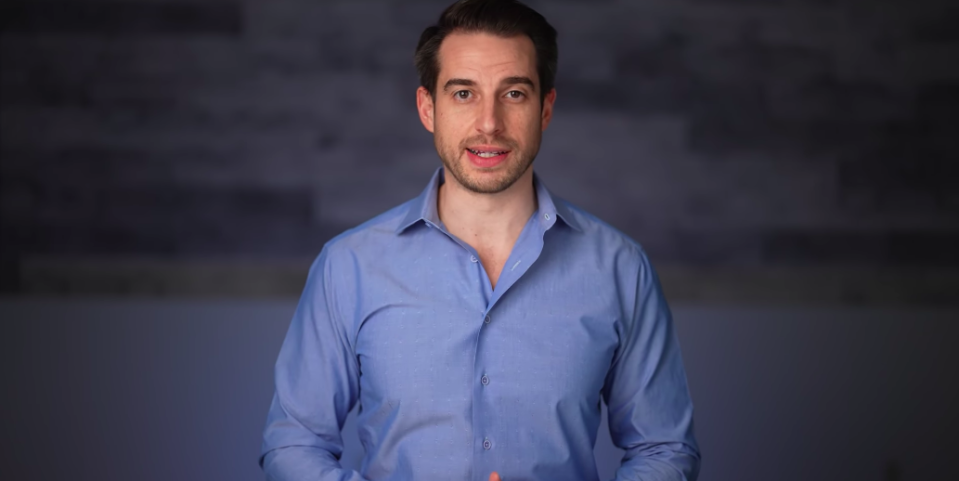A Lung Doctor Broke Down the Omicron Variant in 5 Minutes

The B.11.529 variant of the coronavirus first identified in South Africa, also known as the Omicron variant, has been described as a "variant of concern" by the World Health Organization. In a new video on his YouTube channel, pulmonary medicine and critical care specialist Dr. Mike Hansen summarizes how this strain of Covid differs from previous versions, and the risk it poses to public health.
The Omicron variant of the virus has more than 30 mutations in its spike protein, which Hansen explains could make it more contagious, could cause more severe infection in patients, and could be resistant to vaccines. None of this has been determined yet, however. There were similar concerns surrounding the Delta variant, against which the vaccines proved effective.
"We've seen a lot of variants pop up over the last eight months or so, and most of them, for example Lambda, have not amounted to much," says Hansen. "And they're detected because scientists are constantly running surveillance on Covid. But here we are with a new one, and it has a special level of concern, not only because it has more mutations in the spike protein, but also because some of those mutations are the same mutations as the other four variants of concern."
He adds that we won't know how the variant interacts with vaccines until a few weeks have passed. So far, however, studies indicate that Omicron is much faster-spreading than the Delta variant, and carries a higher risk of reinfection.
"If Omicron does render our vaccines useless, that would basically mean we would be experiencing a whole new pandemic again, a whole other 2020, unless these vaccines are quickly tweaked for the new variant," he says. "That's why you have these vaccine makers jumping on this right now."
You Might Also Like

 Yahoo奇摩新聞
Yahoo奇摩新聞 